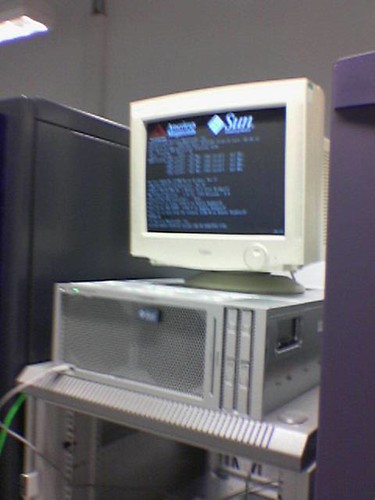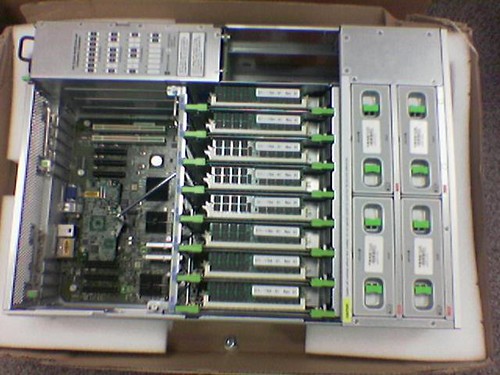Most people will no doubt have already seen this delightful interview with Bill Hilf. In this interview Bill, who I had previously taken to be an energetic and eloquant linux engineer working on Windows/Linux integration issues, reveals himself to be not so much the Devil, as the man who goes and gets the Devil a pack of cigarettes. In my more charitable moment I imagine Bill dragged around south-east asia by a brutal MSFT minder, forced to say things he doesn’t really believe: “It spreads the FUD or it gets the hose again.”
“The Free Software movement is dead. Linux doesn’t exist in 2007. Even Linus has got a job today.”
OK Bill, I’m surprised no-one has told you this, but when people say Free software they mean it was released under a Free Software license. It doesn’t mean that the person that wrote it wasn’t paid.
“most customers run a distribution – RedHat, Novell, Suse or Mandriva. Most of the work on maintaining the Linux kernel is done by developers working for these distributions”
Indeed most people don’t build a linux distribution from scratch bootstrapping everything from the compiler on up themselves. In other news: if you stand outside in the rain you’ll get wet. Jonothon Corbet’s recent study for LWN shows that Bill is indeed correct that most kernel code comes from paid developers. But, and I hate to keep banging this drum, that doesn’t mean it isn’t Free Software. This just shows that real companies with real business models can write free software without the world coming to an end. This stands in stark contrast to what some people think.
“Hilf accused his former employers, IBM, of starting a standards war simply because they wanted a part of the Office market. People do not want ODF (Open Document Format), but they want a way to control the information they create, he claimed.”
ODF has been open since Star/OpenOffice was open-sourced in 2000. In order to make it as easy as possible for people to write their own implementation of ODF the time was taken to properly standardise it. This process involved at least IBM and Sun, and happened before OpenXML was even talked about. I can’t even begin to grasp how this could be characterised as a standards war.
There is more in a similar vein, but I’m going to choose to assume that Bill contracted cerebral malaria while he was in Thailand.



